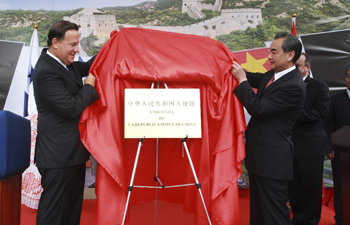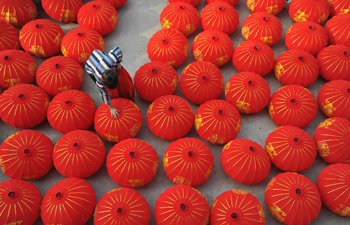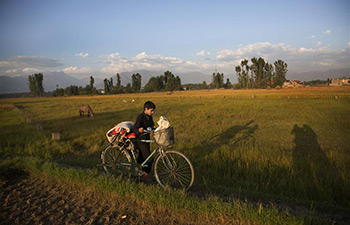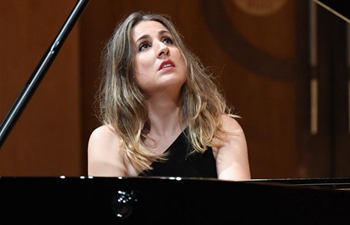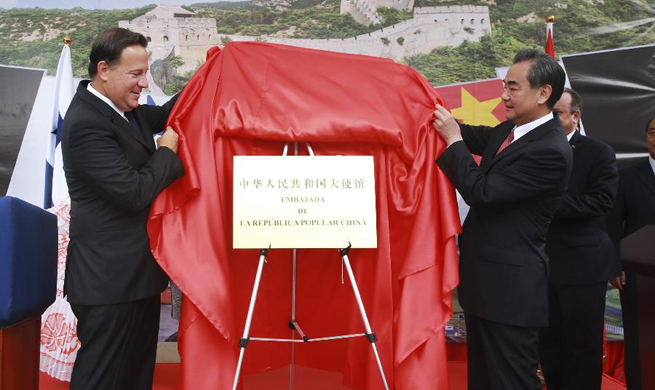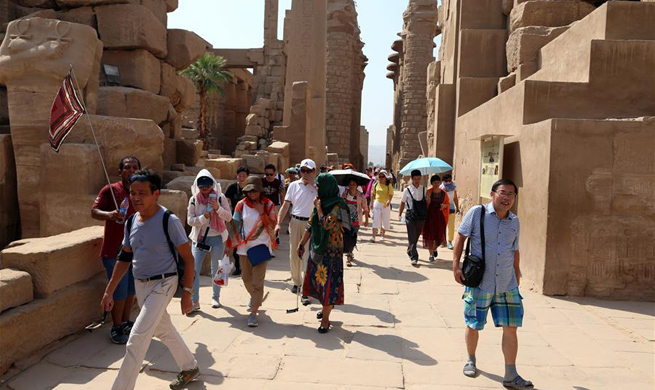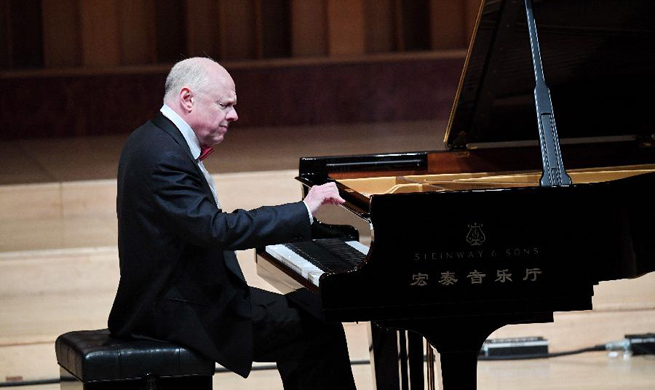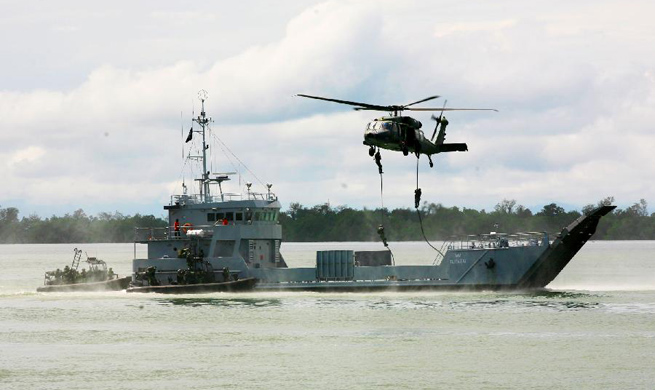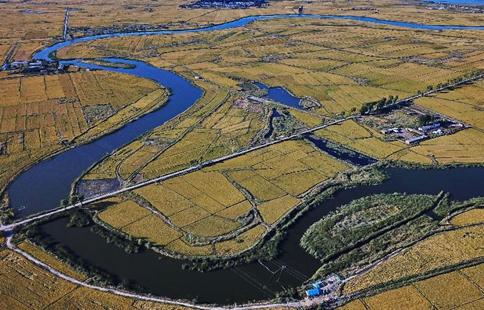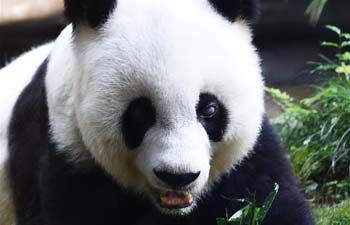SYDNEY, Sept. 18 (Xinhua) -- An Australian cancer institute has begun national clinical trials for a revolutionary new program at Sydney Children's Hospital on Monday.
In total, 13 research institutes from Australia and around the globe worked with the Children's Cancer Institute at the Sydney Children's hospital to develop the Zero Childhood Cancer initiative, which is the most comprehensive personalized treatment program for children's cancer in the world.
"We know that we have 950 children in Australia, who are under the age of 18 diagnosed with some form of cancer every year," Australian Health Minister Greg Hunt told Xinhua.
"Of those, about 150 are likely to lose their battle and that's not an acceptable figure."
That is why director of the Kids Cancer Centre, Tracey O'Brien, explained the need to personalize cancer treatment for individual patients.
"It's an approach that fundamentally has the capability of revolutionising the way in which children with cancer are treated," she said.
"From our many years of research we understand that one of the key challenges of all cancer treatments is that we are all individuals... equally, every cancer has its own genomic and biological signature and that is why not every child's cancer responds to standard cancer treatments."
The way the process works is by using a research technique called molecular profiling.
This allows doctors and researchers to extract part of a child's tumor, sequence its genome structure and test different drugs on the cancer before it is trialled on the patient.
According to experts, the detailed laboratory analysis is a far superior way to identify what drugs will be most effective and pose least risk to the child.
Already, a pilot study of the program's feasibility was proved successful in 2015, when 60 children with the most aggressive cancers entered the trials.
One of those children was 12-month-old Elle.
"She had a very serious tumour that was filling her chest cavity and things were very very difficult for the parents," Hunt said.
"The analysis done through the pilot program, sequenced the genome, discovered what was a unique and novel condition and then allowed the hospitals... to source a drug that had only been shared with about 10 children around the world."
An emotional Hunt said that thanks to the program, Elle's tumour subsided.
It is expected that more than 400 children per year will take part in the program free of cost, with trials running until at least 2019.
Researchers plan to gather all the data to enable evidence-based treatment options in order to build a "powerful research repository for the future" that can be shared with partners around the world.
"Every child in Australia who falls within the patient group can be part of this test, so there is no choosing," Hunt said.
"It's about giving each child the chance at a full life."
"This is history in the making, big history, real history, important history, It puts everything else into the pale of insignificance in my mind."




